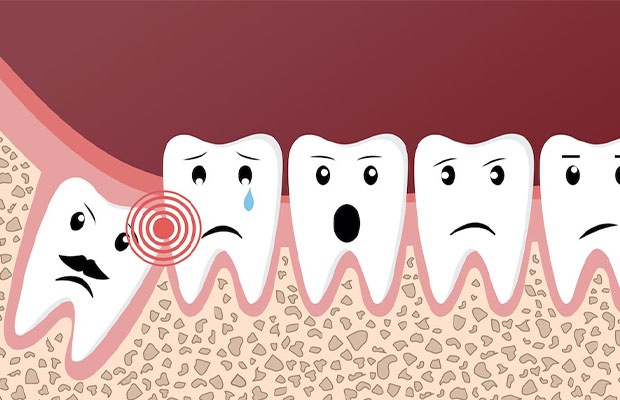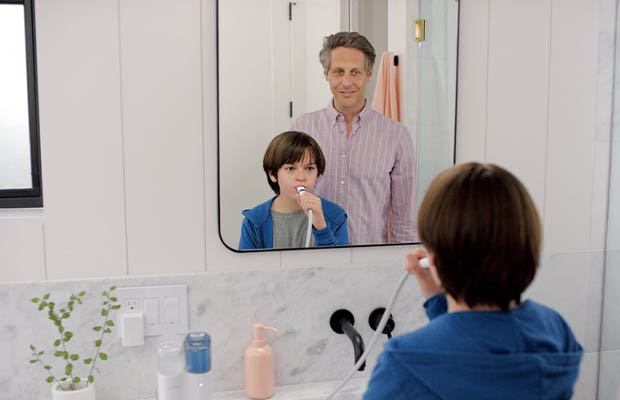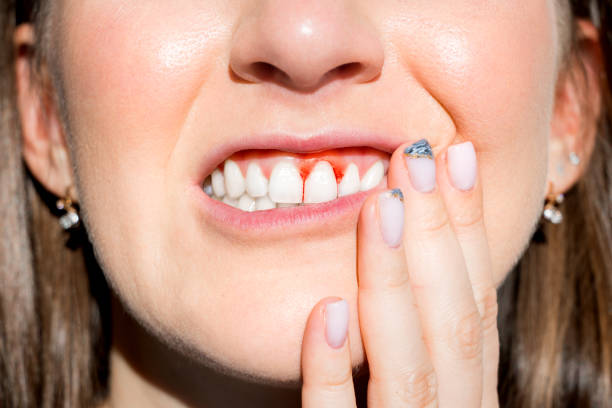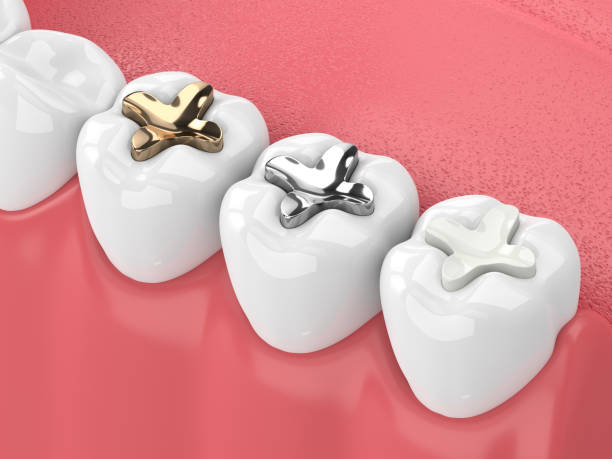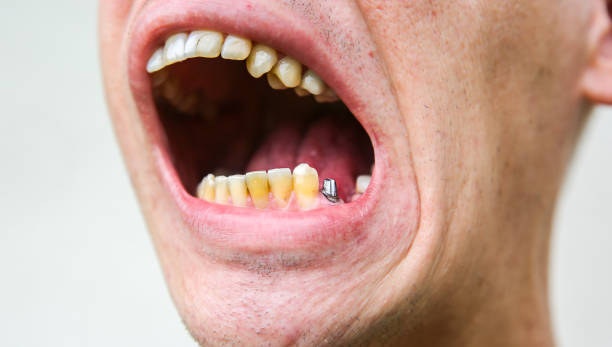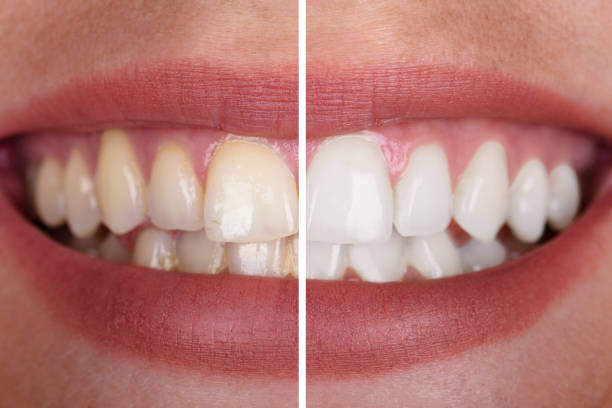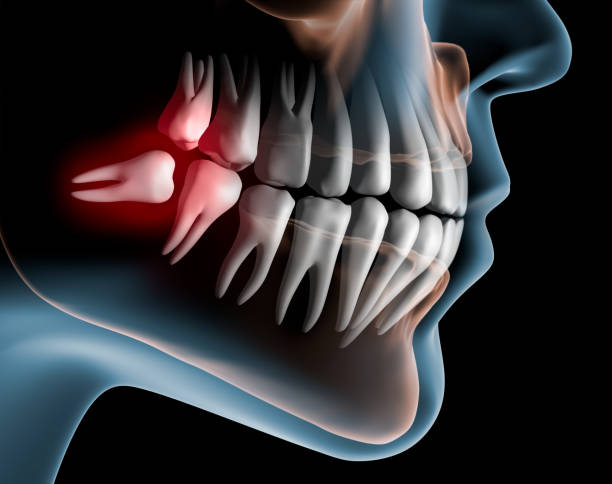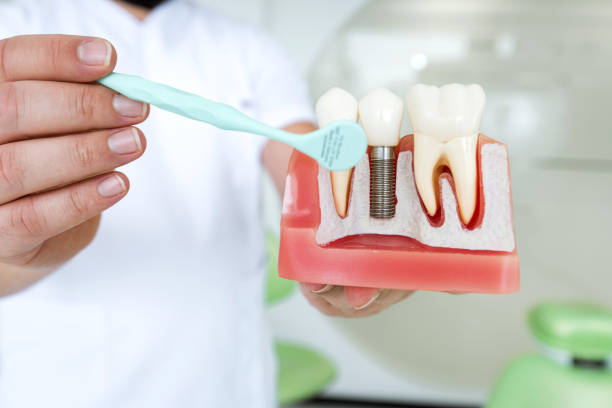Is it past due for a dental cleaning? If so, you might be unsure of how much time to allot for an appointment. Read on to learn more about dental cleanings, including what they are, how frequently you should get them, and their significance.
Table of Contents
What is Dental Cleaning?
A dental cleaning is an appointment you schedule on a regular basis with your dentist to have your teeth cleaned and examined. Dr. will perform preventative and diagnostic procedures on you while you are having a dental cleaning. Tran and her staff members. Plaque and tartar removal, fluoride treatments, stain removal, teeth polishing, and, if necessary, cleaning of dentures or partial dentures are some preventative measures that may be used.
Examining gum tissue, screenings for oral cancer, and the use of X-rays to detect tooth decay are some diagnostic treatments that may be used. Your biting, chewing, and swallowing patterns may also be assessed by the dentist, who will also go over your medical background. The recommendation of a specialist may be made if you require additional treatments. In addition to tooth brushing and flossing instructions, dental cleanings may also include nutritional advice and advice on quitting smoking.
How Long Does a Dental Cleaning Take?
The quick answer is 30 to 60 minutes. But a number of variables can affect how long a dental cleaning may take. These factors include:
• Your dental health
• The condition of your teeth
• The experience of your dental team
The amount of time it takes to clean teeth is significantly influenced by dental health. Your dental cleaning appointment will be brief if your teeth and gums are in good condition, free of plaque and tartar, and unaffected by gum disease. If you have gum disease or difficult-to-remove tartar, your appointment might take longer.
The time needed for professional cleaning can vary depending on your teeth’s state. Broken or decayed teeth are more challenging to clean and may take longer.
Your dental team’s experience is also crucial. For instance, a skilled dental hygienist is able to remove tartar quickly and safely.
Why Are Dental Cleanings Important?
Because they are one of the best preventative measures for serious oral health issues, dental cleanings are essential for maintaining your oral health. Your daily oral hygiene routines, such as brushing, flossing, and the use of fluoride toothpaste, are complemented by professional dental cleanings. Unlike what is possible with routine brushing and flossing, dentists have specialized equipment that allows for deeper cleaning.

Elements of Professional Teeth Cleaning
Examination of Your Teeth and Gums, and Evaluation of Your Oral Health
Usually, cleaning begins with a careful examination of your mouth. Your dental hygienist does this by looking in a small mirror for indications of oral health issues, such as inflamed gums, plaque, tartar buildup, and dark spots on teeth. The hygienist can identify problem areas to address during the cleaning with the aid of this examination. Any cavities, gum disease, or other serious issues will be brought to your dentist’s attention by the hygienist. Your overall oral and gum health will determine how long it takes.
Scaling
The plaque and tartar on the surface of the teeth, in the spaces between the teeth, and close to the gum line are then removed by your dental hygienist using a small hook-shaped instrument. An ultrasonic scaler, which removes plaque by vibrating and using the force of water, is occasionally used by dental hygienists. The time it takes to complete this step of the procedure largely depends on how much plaque and tartar are present.
Polishing and Flossing
Your hygienist polishes your teeth with a hand-held electric tool and rough prophylaxis paste. Additionally to improving the appearance of your teeth, polishing helps to keep the surface of your teeth free of plaque and tartar. The remaining plaque and paste between your teeth are then removed by your hygienist using dental floss.
Fluoride
At the conclusion of the teeth cleaning procedure, your dental hygienist might occasionally advise fluoride treatment. Although many municipalities add fluoride to the drinking water, many people also benefit from fluoride treatments. Fluoride is a natural mineral that helps keep tooth enamel strong. These procedures only require you to wear a mouthpiece containing fluoride gel for a short period of time, so your routine dental cleaning won’t be significantly lengthened. The treatment is also relaxing because there are many tasty flavors of fluoride gels available.
How Often Should You Get a Dental Cleaning?
The American Dental Association (ADA) recommends that you get a cleaning done every six months. If you schedule these cleanings six months apart, the majority of dental insurance companies will pay for them. Regular cleanings can support maintaining and enhancing your oral health.
Summary: 30-60 Minutes
The majority of teeth cleanings are short, preventative dental procedures that take 30 to 60 minutes to complete. You can significantly lower your risk of dental problems and maintain the health of your smile by giving up just an hour every six months. However, more involved cleanings can require more time, so you might need to talk about the kind of cleaning your dentist suggests so you can make plans accordingly.

